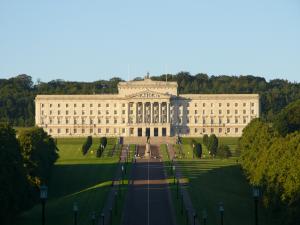
ELECTION COVERAGE
PARTY SEATS
Sinn Fein - 23 seats
DUP - 15 seats
UUP - 8 seats
Alliance - 6 seats
SDLP - 6 seat
Others - 2
Turnout in the Northern Ireland Assembly election has hit its highest level since the year of the Good Friday peace agreement.
Almost two thirds of the electorate voted in yesterday's poll - with the future of powersharing hanging in the balance.
The number taking to the ballot boxes swelled to 64.78%, 10% higher than last year's Stormont poll.
A total of 812,783 votes were cast.
The snap Stormont Assembly election was called following January's collapse of the ministerial coalition with the DUP and Sinn Fein at its helm in a row over a botched green energy scheme.
Soaring viewing figures for the two main TV leaders' debates had hinted at a surge in voter engagement, something borne out on polling day.
What impact the increased turnout will have on the results will only start to become clear when the first returns start to filter through during Friday afternoon.
In the first Assembly election after devolution began, in June 1998, 69.88% turned out.
It came just months after the Belfast Agreement, which largely ended the 30-year conflict.
Some of the 18 constituency counts are set to extend into Saturday.
A total of 228 candidates are vying for the 90 seats in Stormont's slimmed-down devolved legislature.
The Assembly poll was the second in 10 months.
The last coalition executive led by the two largest parties at Stormont - the Democratic Unionists and Sinn Fein - collapsed in January, only eight months after last May's election.
They fell out over the unionist party's handling of a botched green energy scheme and are also at odds on a host of other issues.
If the former partners in government are again returned as the main players, they will have three weeks to resolve their multiple differences and form a new administration.
The reimposition of direct rule from London is on the cards if the post-election talks fail.
The Ulster Unionists and nationalist Social Democratic and Labour Party (SDLP), which have presented themselves as an alternative partnership, are bidding to wrest control away from the fractious former allies.
The cross-community Alliance Party is also hopeful of a strengthened mandate.
If the three-week post-election deadline passes, Northern Ireland Secretary James Brokenshire is legally obliged to call yet another election.
However, in those circumstances, the Government may pass emergency legislation to suspend devolution for the first time in 10 years ahead of more lengthy negotiations.


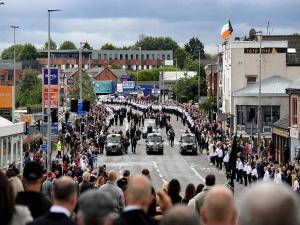 Investigation into ‘missing’ notes from key Executive meeting
Investigation into ‘missing’ notes from key Executive meeting
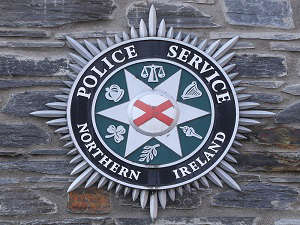 Teenage girl killed in road crash named as Kamile Vaicikonyte
Teenage girl killed in road crash named as Kamile Vaicikonyte
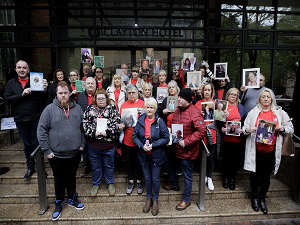 Covid-19 inquiry ‘an opportunity for candour’ from Stormont leaders
Covid-19 inquiry ‘an opportunity for candour’ from Stormont leaders
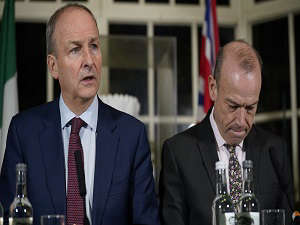 UK and Irish ministers to meet amid row over migration
UK and Irish ministers to meet amid row over migration
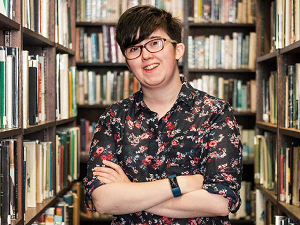 Three men set to go on trial for murder of journalist Lyra McKee
Three men set to go on trial for murder of journalist Lyra McKee